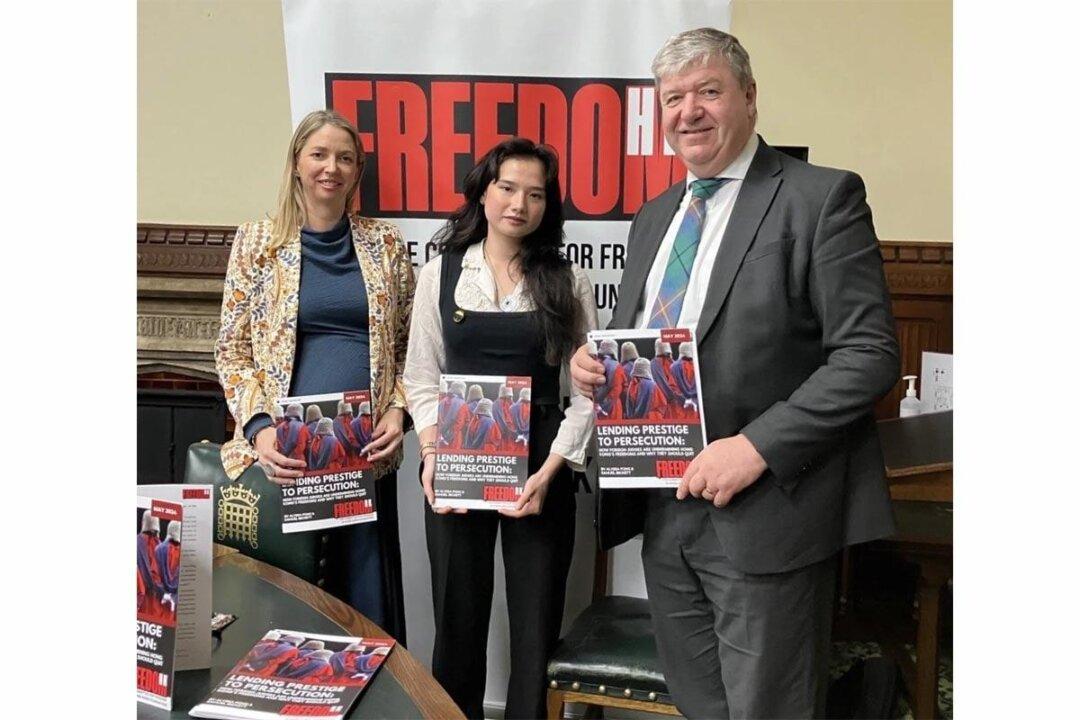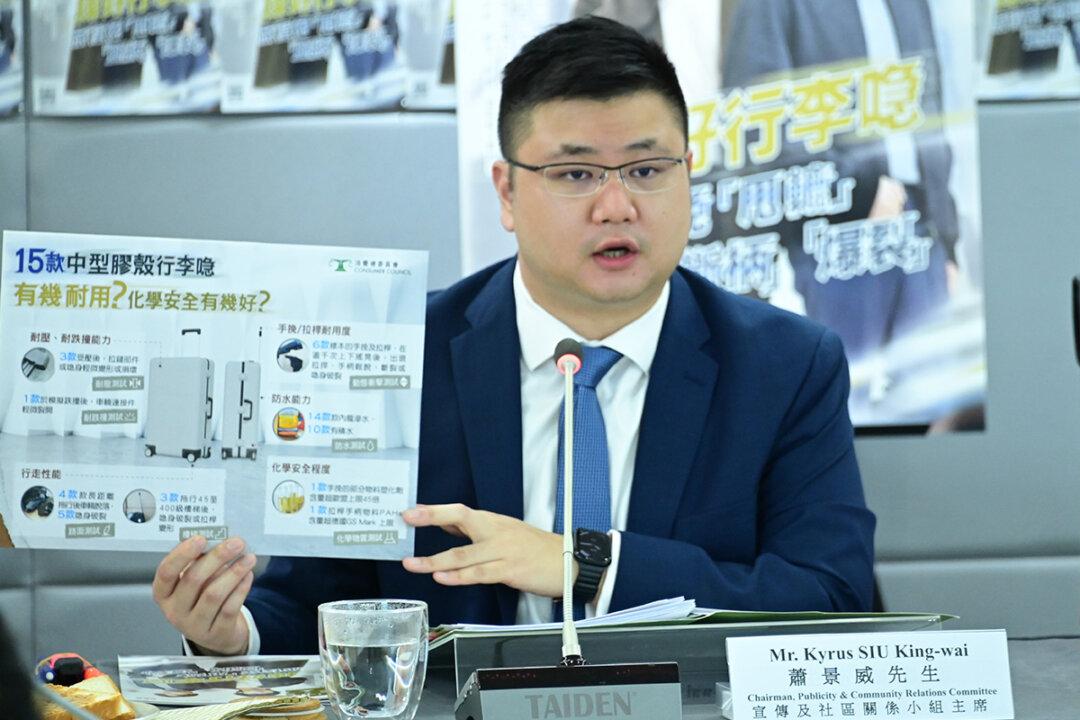Committee for the Freedom of Hong Kong (CFHK), a non-governmental organization (NGO), released a report in the British Parliament on May 14 on how foreign judges sitting in the Court of Final Appeal (CFA) provide legitimacy for Beijing to suppress political freedoms in Hong Kong.
The report, titled “Lending Prestige to Persecution: How Foreign Judges are Undermining Hong Kong’s Freedoms and Why They Should Quit,” said that Hong Kong’s judicial system has been reshaped to serve the CCP’s authority, and the Hong Kong government has used the prestige of these overseas NPJs from the UK, Canada, Australia, and other places to rationalize their violations of human rights and weakening the rule of law in Hong Kong.




